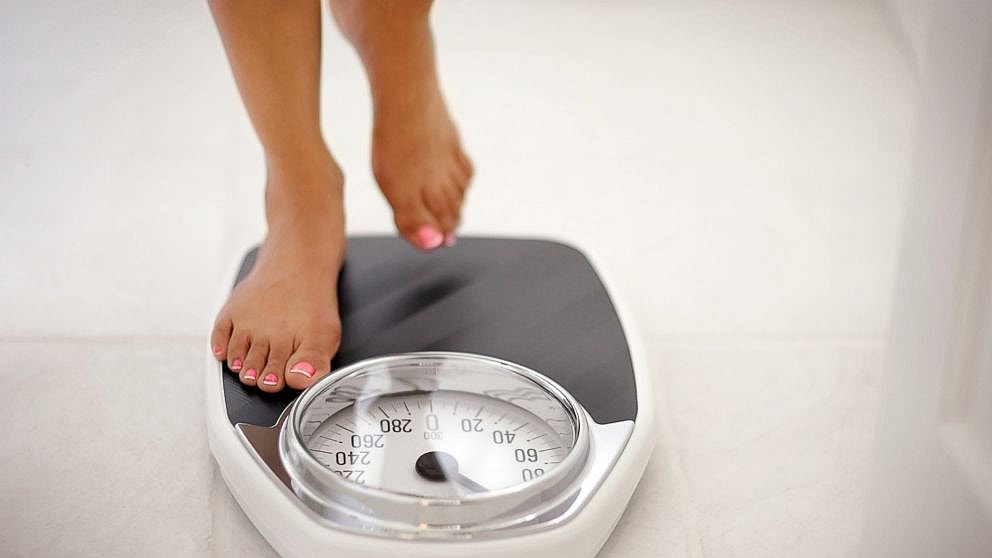Weight loss drugs are the rave right now, but are they a good option for you? With so many options out there it’s difficult to know.
If you struggle to lose weight through diet and exercise or have a medical condition that would be made better with weight loss, prescription drugs may be an alternative for you; but they’re hardly the magic pills celebrities like Elon Musk and Chelsea Handler have touted them to be. Weight loss medications work best when you combine them with lifestyle changes like choosing healthier foods, eating fewer calories and exercising regularly.
Two-thirds of Americans — a disproportionate number of whom identify as non-Hispanic Black – are overweight or obese, heightening their risk of type 2 diabetes and cardiovascular disease. Weight loss medications may be a key piece in reversing this trend. Here’s what you need to know:
Ozempic and Wegovy: A new class of weight loss drug
Sold under the brand names Ozempic and Wegovy, semaglutides mimic glucagon-like peptide-1, a hormone that stimulates insulin-producing receptors in the pancreas after you eat. The two drugs are the same, but are prescribed for different conditions — Ozempic is prescribed for type 2 diabetes, whereas Wegovy is indicated for obesity (both drugs are made by Novo Nordisk). Notably, off-label Ozempic prescriptions for weight loss are not covered by federal (Medicaid or Medicare) or most private insurance.

Semaglutides work in a number of ways to lower one’s A1C, a marker of one’s blood sugar levels. For starters, it stimulates the body’s natural ability to lower blood sugar by binding to insulin-releasing GLP-1 receptors. The insulin, which is only released when you need it, shuttles sugar from your bloodstream to your vital organs such as muscle, bone, the heart and the brain. But the advantages don’t stop there — the popular drug also makes you feel full (which limits your food cravings), reduces the amount of sugar released by your liver and slows down food digestion in the gut, curbing blood sugar spikes after a meal.
A new “Ozempic”
Mounjaro — made by Eli Lilly and most famously taken by Sherri Shepherd to help regulate her type 2 diabetes — has been called the new Ozempic because the drug works on not one, but two insulin-stimulating receptors. Like Ozempic, the enhanced semaglutide is a once-a-week prescription injectable drug for those with type 2 diabetes. Other than that, Mounjaro works similarly to Ozempic and Wegovy and carries the same side effects. Mounjaro shortages have been reported amid growing popularity for its weight loss effects.
An all-natural Ozempic?
Natural weight loss alternatives have become more sought after with the high cost and frequent shortages of Ozempic. Berberine, a natural anti-inflammatory supplement, has been touted as a natural Ozempic, with studies showing that the non-traditional medicine lowers blood sugar levels, decreases insulin resistance, and leads to weight loss, with notable effects on stubborn belly fat. Side effects include diarrhea, upset stomach and gas.
Berberine is a less popular supplement because it’s not nearly as well studied as semaglutides — so it should never be taken without first clearing it with a health care provider, and it should never be taken by pregnant or expectant persons because the drug can cross the placental barrier and impact the fetus.
Berberine consumption also comes with risk — Berberine interacts with multiple common drugs and drug classes, decreasing the rate of breakdown of the following:
- Anti-diabetes drugs such as Metformin and insulin, which can lead to dangerously low blood sugar levels
- Cyclosporine
- Antihypertensives
- Cholesterol-lowering statins such as Losartan
- Dextromethorphan (Robitussin DM)
Weight loss drugs, a not-so-Magic Bullet
Weight loss drugs rarely work alone. In fact, one of the major side effects of relying solely on medication treatment for weight loss is rebound weight gain. Additional disadvantages of weight loss drugs include:
- If you lose weight with new drugs, you likely will need to keep taking the medications forever to keep the weight off. Not only is this expensive, but once you stop, you may regain the weight back relatively quickly.
- The drugs are expensive, and in general, insurance plans don’t cover them for weight loss (although they often do for people with diabetes). Even if your insurance company covers the drug, there’s no guarantee they will continue to in perpetuity.
- The popularity of the drugs has caused national shortages, making it difficult to get more of the drug.
- You may experience side effects such as “Ozempic face” — a sagging, gaunt appearance due to rapid weight loss in and around the face — and gastrointestinal discomfort (that may be accompanied by nausea, vomiting, diarrhea, and constipation).
The jury is not out — weight loss drugs seem to be effective for those who have previously tried to lose weight unsuccessfully or have medical indications, namely type 2 diabetes — but given the health risks and short-term efficacy of these popular weight loss drugs it’s best to follow a health care professional’s instructions about weight management if you want to minimize side effects and increase the time you enjoy your weight loss results.

Dr. Shamard Charles is the executive director of graduate studies in public health at St. Francis College and sits on the Medical Advisory Board of Verywell Health (Dot Dash-Meredith). He is also host of the health podcast, The Revolutions Within Us. He received his medical degree from the Warren Alpert Medical School of Brown University and his Masters of Public Health from Harvard’s T.H. Chan School of Public Health. Previously, he spent three years as a senior health journalist for NBC News and served as a Global Press Fellow for the United Nations Foundation. You can follow him on Instagram @askdrcharles or Twitter @DrCharles_NBC.
TheGrio is FREE on your TV via Apple TV, Amazon Fire, Roku, and Android TV. Please download theGrio mobile apps today!


